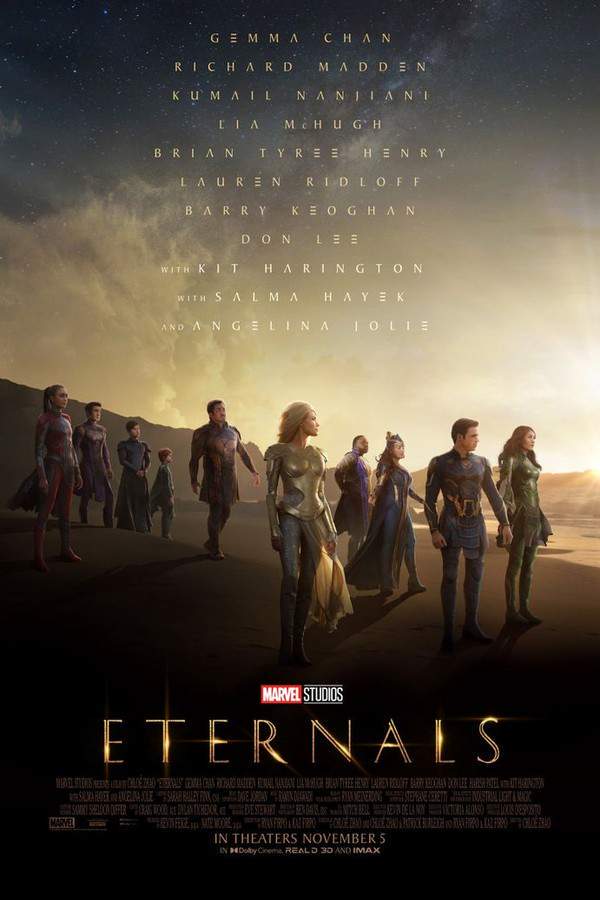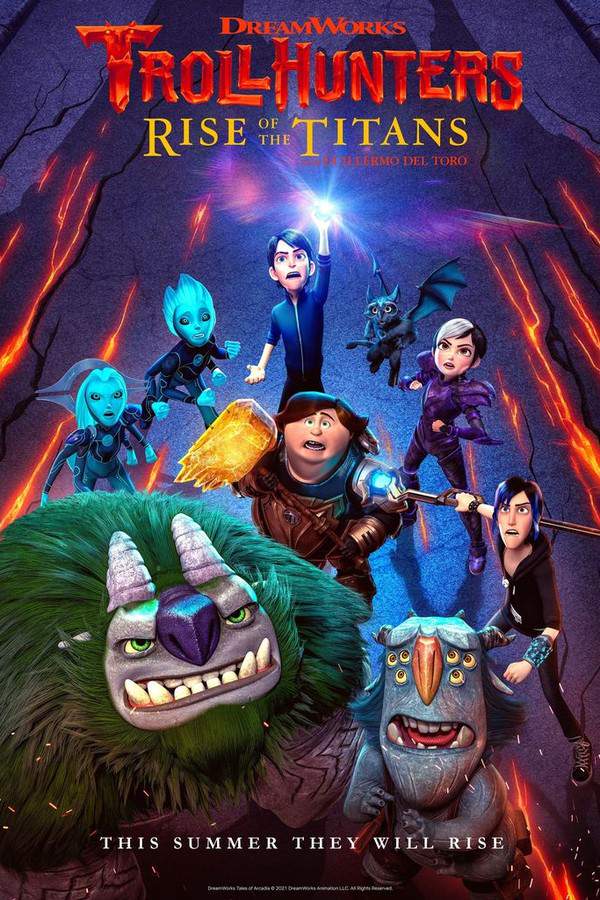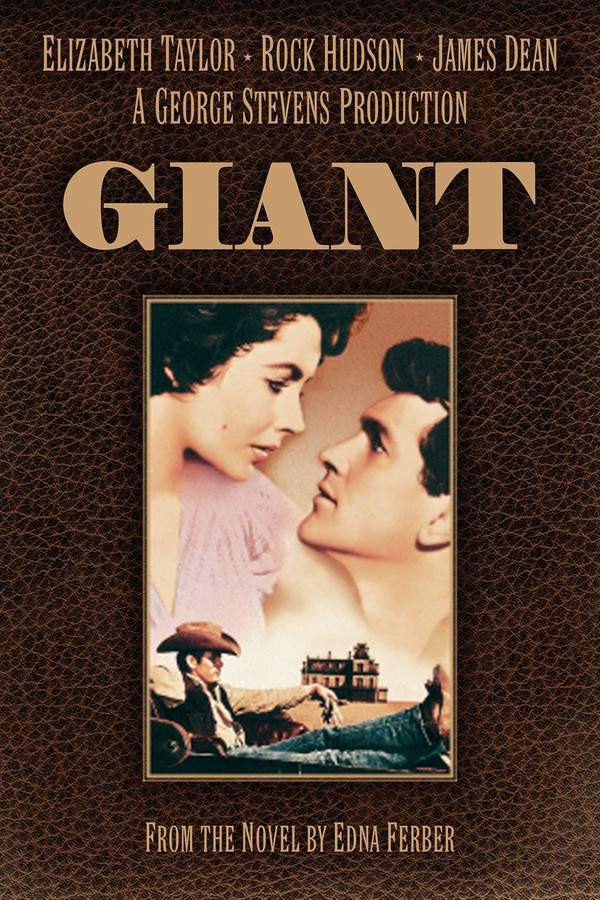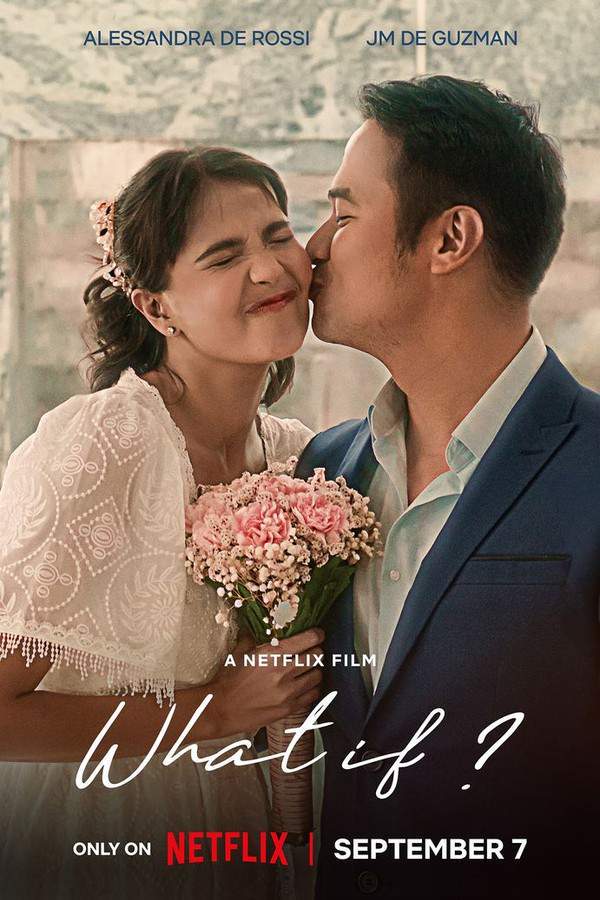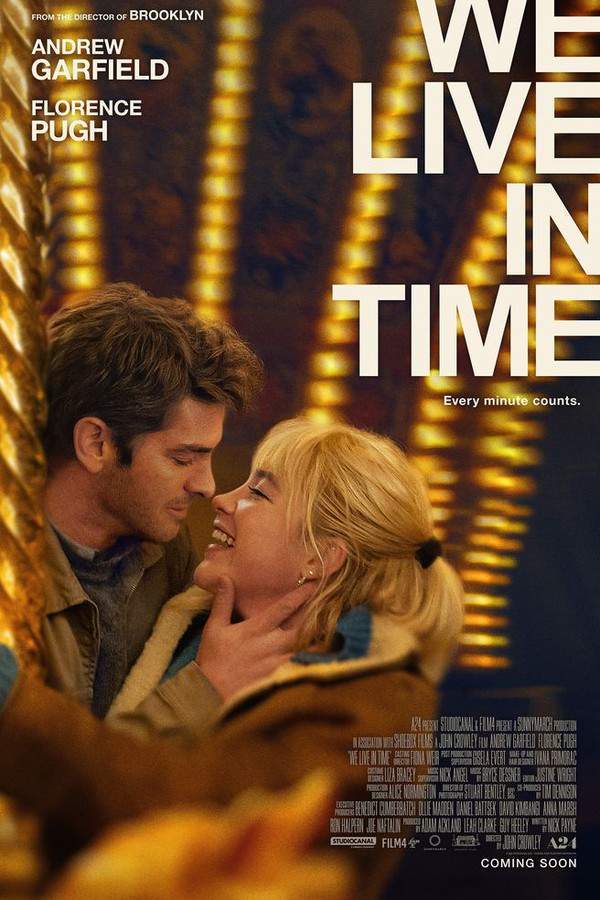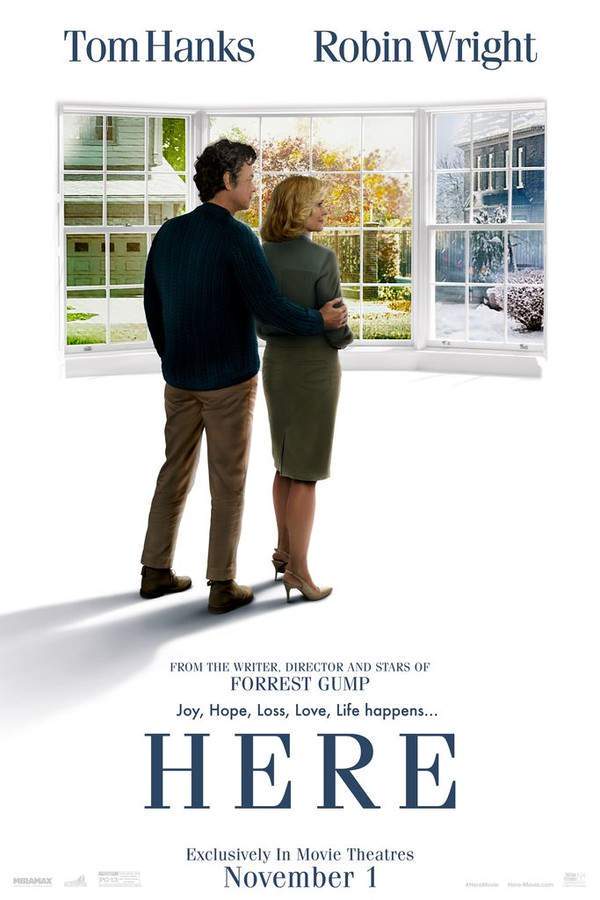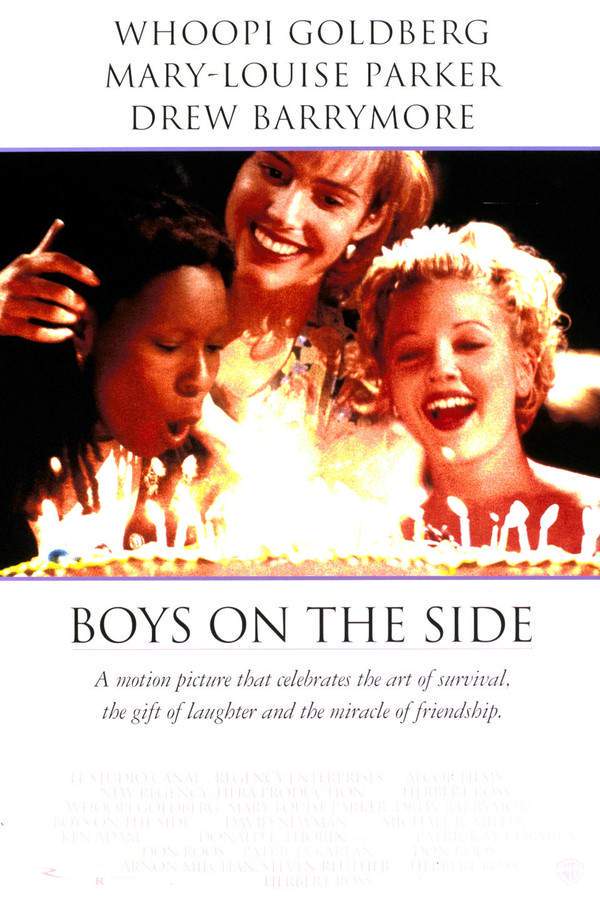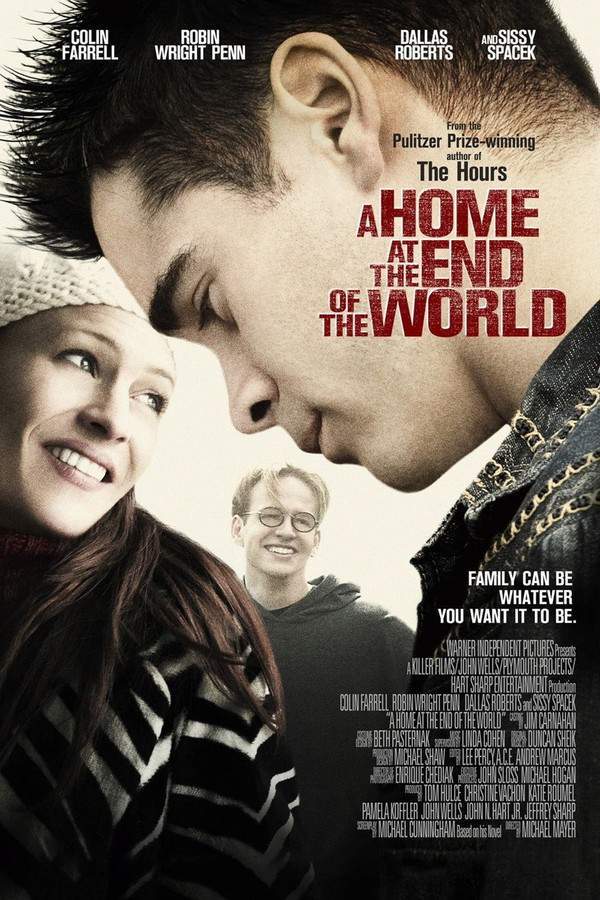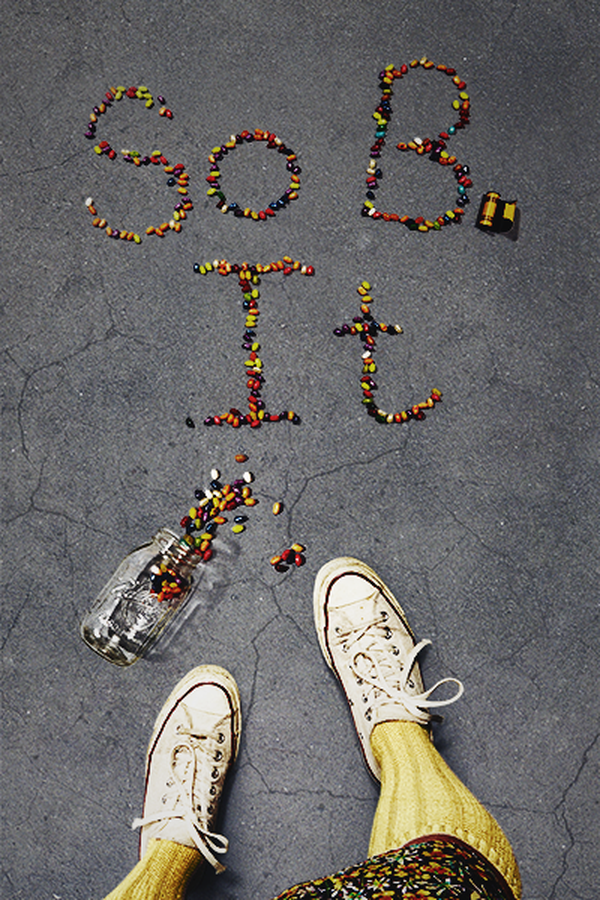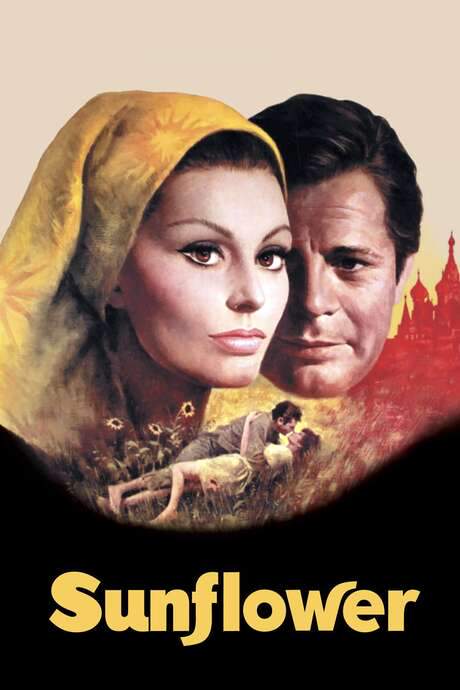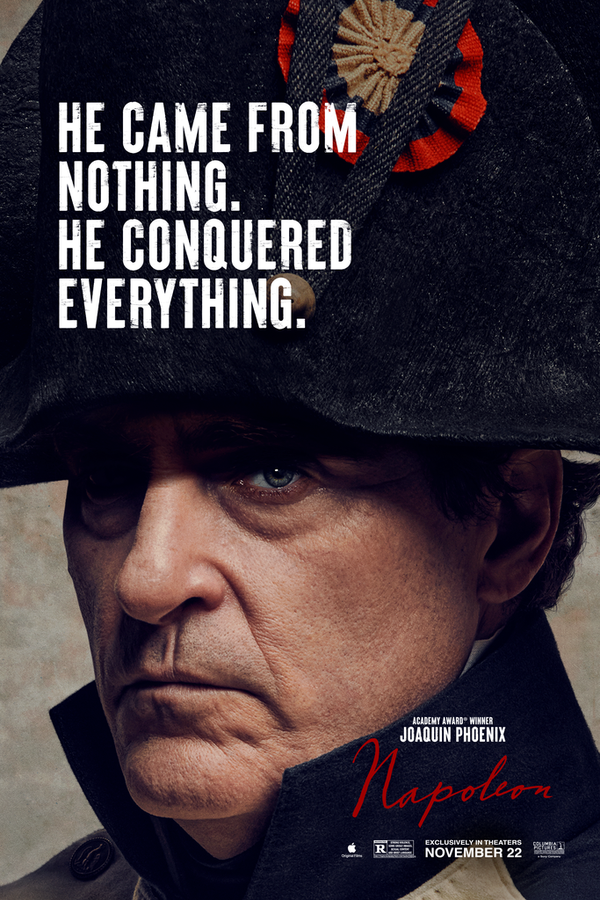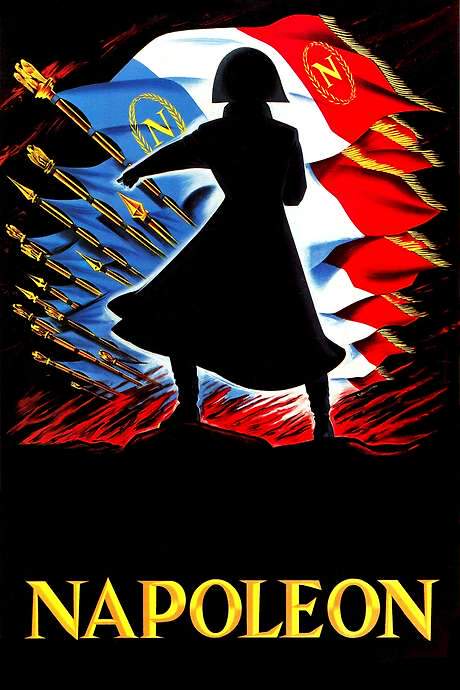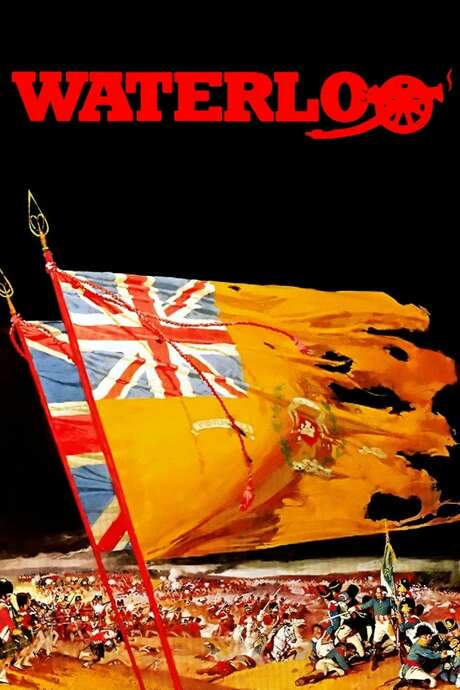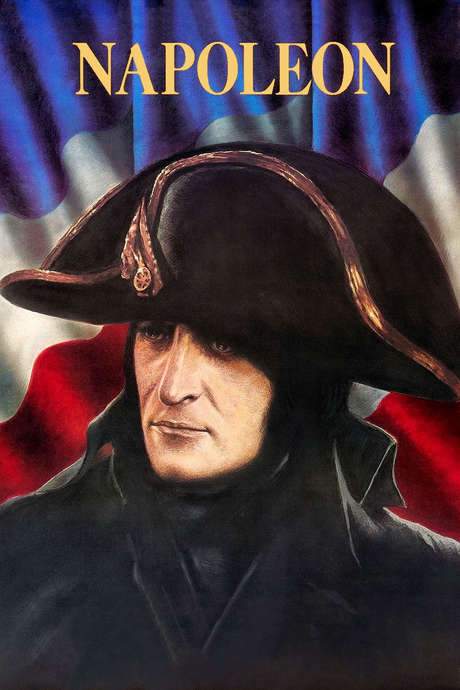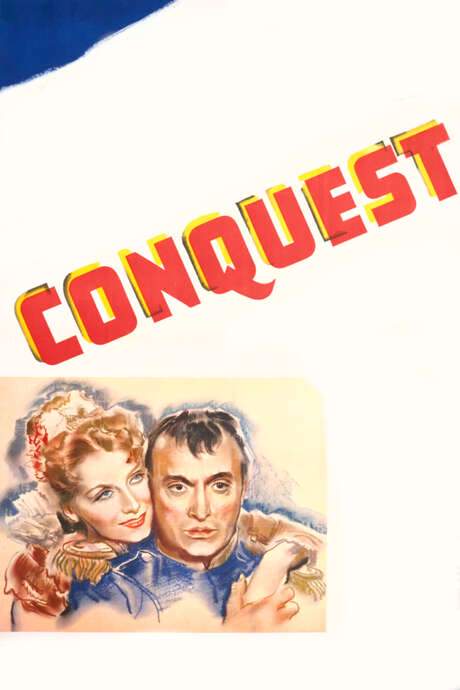
War and Peace
Year: 1956
Runtime: 208 mins
Language: English
Director: King Vidor
Adapted from Tolstoy’s epic, the film brings the novel to life with sweeping battle scenes and intimate romance. It follows the youthful Countess Natasha Rostova and the introspective Count Pierre Bezukhov as their love unfolds amid the 1812 conflict with Napoleon’s invading forces.
Warning: spoilers below!
Haven’t seen War and Peace yet? This summary contains major spoilers. Bookmark the page, watch the movie, and come back for the full breakdown. If you're ready, scroll on and relive the story!
War and Peace (1956) – Full Plot Summary & Ending Explained
Read the complete plot breakdown of War and Peace (1956), including all key story events, major twists, and the ending explained in detail. Discover what really happened—and what it all means.
In 1805, Europe is torn apart by Napoleon Bonaparte’s relentless drive to conquer more territory, reshaping lives and loyalties across nations. In Moscow, the war machine begins to touch ordinary lives as young men enlist, including Nikolai Rostov, a lively member of the Rostov household, and his ambitious sister Natasha. The Rostovs’ circle also includes Pierre Bezukhov, the illegitimate son of a dying nobleman, who has just returned from Paris wielding radical ideas about equality and liberty. Pierre’s presence stirs the household, and his discussions with soldiers and friends reveal a mind hungry for meaning in a world at war. Pierre, Henry Fonda, carries a cautious idealism that clashes with the brutal reality of the battlefield and the social intrigue around him, especially as he forms a wary bond with the rakish Dolokhov, Helmut Dantine, a man of charm and trouble.
Into this milieu steps Andrei Bolkonsky, a principled and introspective officer, Mel Ferrer, who struggles with expectations from his stern father and the pull of a more peaceful life. Andrei’s path intersects with Pierre’s in moments of shared danger and mutual disillusionment, yet their approaches diverge: Pierre seeks reform and reformers, while Andrei seeks purpose on the front lines. Andrei’s wife, Lise (often called Liza in the tale), arrives with a fragile hope for domestic life, a hope that will be tested by war and loss. Lise waves into the story with a quiet glow, and the unborn child she carries becomes a symbol of fragile future amid a collapsing present.
The narrative then widens to a web of relationships and scheming. Hélène Kuragina, a calculating social climber, is played by Anita Ekberg, and she casts a tempting spell on Pierre, pulling him toward a life of luxury and moral compromise. Around them, the weighty political forces move behind the scenes as her father, Prince Vasily Kuragin, complicates Pierre’s estates and lineage. The central triangle of Pierre, Hélène, and Dolokhov drives a dangerous mix of love, pride, and revenge, culminating in a duel that Pierre—awkward with firearms but steadfast in principle—almost wins, while Dolokhov exits the confrontation alive but chastened. The wound to Pierre’s pride is sharp, and the couple’s fragile bond fractures before the dawn of even greater upheaval.
Across the landscape, Andrei’s star ascends on the battlefield, but his path is haunted by pain and sacrifice. At the Battle of Austerlitz, Andrei seizes a banner to rally retreating troops, only to be wounded and left for dead. Napoleon himself, curious and admiring, passes by and arranges for Andrei’s care, an ironic moment that underscores the capriciousness of fate in war. Meanwhile, Pierre’s private life unravels as Moscow’s salons echo with gossip and betrayal, with Natashа becoming the center of attention as she navigates the perilous currents of romance and duty.
Back in the country, Natasha’s heart is drawn to Andrei, but social constraints and personal missteps pull them apart. Natasha attends a ball and experiences a whirlwind of feeling; for Andrei, the allure proves irresistible, and he longs for a future with her, even as Providence and propriety seem to push them apart. Natasha’s life becomes a compass pointing toward deeper tenderness and a fear of losing what she loves most, while Pierre—caught between his affection for Natasha and his loyalty to his own evolving conscience—struggles with his role in a society that prizes status and outward peace over inner truth.
A shadow falls when Anatol Kuragin, Hélène’s brother, enters Natasha’s orbit and swoops her into a dangerous, secret dalliance. Natasha’s reputation falters under the weight of scandal, and it is Sonya—Natasha’s steadfast cousin—who, along with Pierre, works to protect Natasha from ruin. The season in Moscow ends with Natasha’s illness, a painful pause that tests every bond around her and makes Pierre confront the limits of his own virtue. Pierre, who has felt a genuine love for Natasha, remains a witness to her fragility and the consequences of a society that prizes appearances over mercy.
The year 1812 brings the invasion of Russia, and Kutuzov, the seasoned commander, Oskar Homolka guides a strategic retreat meant to wear down the French invaders. The harsh decision to scorch the countryside to deprive the enemy of sustenance becomes a grim backdrop to a national resolve. Borodino, the brutal and defining encounter, draws Pierre into the heart of the conflict as he travels to the front and encounters Andrei’s camp on the eve of battle. Pierre’s plea for forgiveness and his attempt to reconcile Natasha with Andrei reveal his evolving moral compass, while Andrei’s inability to forget Natasha binds his fate to hers in a different way.
As the French retreat and the Russians reclaim their homeland, the Rostovs face the destruction of their city and the fragility of their wealth. Their mansion is reduced to a burned-out shell, with only a portion of it left standing, yet Natasha’s resolve and Pierre’s quiet endurance become a testament to resilience. Natasha’s compassion remains, and she learns that the house itself—like their lives—can be scarred and still endure. The romantic thread between Natasha and Pierre threads through the wreckage, culminating in a quiet, intimate moment as Natasha recognizes Pierre’s essential role in their shared history. The relationship between Natasha and Pierre is framed by shared losses and a sense of unfinished, enduring hope, as the two navigate a world where ideals and reality often collide.
Tragedy continues to unfold as the war’s toll deepens. Petya Rostov, Sean Barrett, joins the army and meets a brutal fate on the battlefield, a devastating moment that casts a long shadow over Pierre, Dolokhov, and the wider Rostov clan. Dolokhov returns to the ranks, having survived the conflict but carrying the weight of what he has become, while Hélène’s story reaches its end as the consequences of her schemes catch up with her. The toll of war is not only measured in battles but in the quiet losses—the deaths that leave families forever altered and the generation that must shoulder the memory of those who fell.
When the dust begins to settle, the Rostov family returns to Moscow to find their world rearranged. The city’s ruins are a stark reminder of what has been lost, but Natasha’s courage and Pierre’s steadfast presence provide a thread of continuity through the ruin. Natasha, who has weathered scandal, illness, and heartbreak, finally embraces Pierre in a moment of quiet, dawning recognition that their lives—though marked by pain—are bound to one another and to the enduring home they have together. The final image is intimate and hopeful: Natasha and Pierre meet in the garden, the house damaged but standing, a symbol of resilience, and the love that remains at the core of their shared life.
In this sweeping portrait, the characters’ lives intertwine against a backdrop of imperial ambition and national upheaval. From the salons of Moscow to the marching columns on distant fronts, from the tender crises of love to the brutal realities of war, the story captures how people seek meaning, loyalty, and humanity in a world where power and fate often govern the terms of existence. And as the final moments unfold, the bond between Natasha and Pierre lingers—an acknowledgment that, even after everything has been broken, some ties endure and give a sense of home to those who remain.
Last Updated: October 05, 2025 at 11:52
Explore Movie Threads
Discover curated groups of movies connected by mood, themes, and story style. Browse collections built around emotion, atmosphere, and narrative focus to easily find films that match what you feel like watching right now.
Grand Historical Epics with Intimate Stories like War and Peace
Grand historical events collide with deeply personal, transformative character journeys.Explore movies like War and Peace that masterfully weave epic historical events with profound personal journeys. These films share a similar scale and emotional depth, balancing grand battles and societal changes against intimate stories of love and survival for a truly immersive experience.
Narrative Summary
Narratives in this thread typically follow multiple characters through a major historical upheaval. The plot alternates between large-scale, chaotic events that shape nations and quiet, character-driven moments that explore the human cost of those events. The central journey often involves characters finding their moral compass or personal redemption amid the chaos.
Why These Movies?
Movies are grouped here for their shared approach to storytelling: they balance monumental historical forces with individual emotional arcs. They create a cohesive experience through a similar tone (often bittersweet), heavy emotional weight, and a variable pacing that shifts between epic action and deliberate character development.
Movies with Bittersweet Endings After Hardship like War and Peace
Characters survive profound trauma to find a fragile, hopeful future.If you appreciated the resilient yet scarred conclusion of War and Peace, discover other films with bittersweet endings. These movies feature characters who survive great trauma and loss, ultimately finding a future defined by enduring hope tempered by the profound costs of their experiences.
Narrative Summary
The narrative follows a prolonged period of intense hardship and loss that tests the characters' spirit. The central conflict is often against an overwhelming external force. The resolution acknowledges the permanent damage done but focuses on the characters' capacity to rebuild and find meaning, resulting in an ending that feels realistically hopeful rather than triumphant.
Why These Movies?
This thread unites films based on a specific emotional trajectory: a journey from profound sadness and devastation towards a fragile, realistic hope. They share a heavy emotional weight, a predominantly bittersweet tone, and endings that prioritize emotional truth and resilience over neat, happy conclusions.
Unlock the Full Story of War and Peace
Don't stop at just watching — explore War and Peace in full detail. From the complete plot summary and scene-by-scene timeline to character breakdowns, thematic analysis, and a deep dive into the ending — every page helps you truly understand what War and Peace is all about. Plus, discover what's next after the movie.
War and Peace Timeline
Track the full timeline of War and Peace with every major event arranged chronologically. Perfect for decoding non-linear storytelling, flashbacks, or parallel narratives with a clear scene-by-scene breakdown.

Characters, Settings & Themes in War and Peace
Discover the characters, locations, and core themes that shape War and Peace. Get insights into symbolic elements, setting significance, and deeper narrative meaning — ideal for thematic analysis and movie breakdowns.

War and Peace Spoiler-Free Summary
Get a quick, spoiler-free overview of War and Peace that covers the main plot points and key details without revealing any major twists or spoilers. Perfect for those who want to know what to expect before diving in.

More About War and Peace
Visit What's After the Movie to explore more about War and Peace: box office results, cast and crew info, production details, post-credit scenes, and external links — all in one place for movie fans and researchers.

Similar Movies to War and Peace
Discover movies like War and Peace that share similar genres, themes, and storytelling elements. Whether you’re drawn to the atmosphere, character arcs, or plot structure, these curated recommendations will help you explore more films you’ll love.
Explore More About Movie War and Peace
War and Peace (1956) Scene-by-Scene Movie Timeline
War and Peace (1956) Movie Characters, Themes & Settings
War and Peace (1956) Spoiler-Free Summary & Key Flow
Movies Like War and Peace – Similar Titles You’ll Enjoy
Napoleon (2023) Ending Explained & Film Insights
Napoleon (1955) Plot Summary & Ending Explained
Waterloo (1970) Ending Explained & Film Insights
War & Peace (1000) Ending Explained & Film Insights
War and Peace, Part II: Natasha Rostova (1965) Complete Plot Breakdown
The Pride and the Passion (1957) Spoiler-Packed Plot Recap
War and Peace (1965) Complete Plot Breakdown
Alexander Nevsky (1938) Story Summary & Characters
The Soldier and the Lady (1937) Full Movie Breakdown
Napoleon (1927) Full Summary & Key Details
Conquest (1937) Ending Explained & Film Insights
War and Peace, Part IV: Pierre Bezukhov (1967) Full Summary & Key Details
War and Peace, Part III: The Year 1812 (1967) Complete Plot Breakdown
War and Peace, Part I: Andrei Bolkonsky (1965) Movie Recap & Themes
The Four Horsemen of the Apocalypse (1921) Full Movie Breakdown

